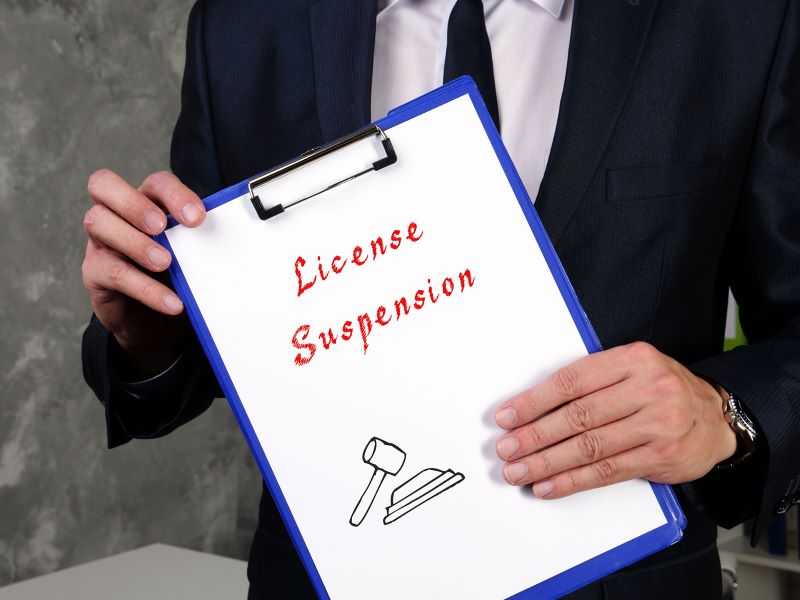United States
How Long Will Your License Be Suspended For A DUI for the First Time?
The duration of a driver’s license suspension for a first-time DUI conviction can differ by state and by the details of the offense. The National Highway Traffic Safety Administration states that every day about 37 people die in drunk driving cases in the United States.
If you’re facing a DUI and license suspension, you need a lawyer for a suspended license. A DUI lawyer can help you challenge the evidence, navigate the legal process, and reduce your suspension. The lawyer can even assist you in applying for a restricted license.
The length of time a first-time DUI conviction carries a license suspension is an important consideration because it affects your ability to drive now and in the future.
Let’s look at the duration of the license suspension following a DUI conviction.

Legal Blood Alcohol Limits
Most states limit drivers’ blood alcohol to 0.08%. Driving with a Blood Alcohol Content (BAC) of 0.08% or higher is considered illegal and can result in DUI charges.
Understand that even if you feel fine after drinking, your BAC may be above the legal limit. Weight, gender, and alcohol type affect alcohol metabolism.
When drinking, it’s best to designate a sober driver or use alternative transportation.
Duration of License Suspension
Most states suspend licenses for 30 days to a year for a first DUI. Some states suspend for 90 days or more. To determine the length of your suspension, check your state’s laws.
For instance, how does Florida treat out-of-state dui? Florida shares traffic violation data, including DUIs, with other states through the Driver License Compact (DLC). This means that Florida can revoke your license if you’re convicted of a DUI elsewhere.
In some states, after the suspension period, you must pay a reinstatement fee and possibly complete DUI classes or install an ignition interlock device to drive again.
Knowing the length of your license suspension helps you plan and comply with state laws.
Ignition Interlock Device Requirement
The Ignition Interlock Device (IID) requirement is often imposed on DUI offenders. An IID is a breathalyzer-like device that prevents a car from starting if the driver has too much alcohol.
The court will be the one to decide if an IID is needed for DUI offenders.
Restricted License Options
A restricted license lets you drive under certain conditions after a DUI. You can usually drive to work, school, medical appointments, and DUI court-ordered programs with a restricted license.
A hearing and proof of the need to drive are usually required for a restricted license. This may require proof of employment or education. Additional requirements may be needed to gain a restricted license so it is advised to always check with your state’s Department of Motor Vehicles.
Factors Influencing Suspension Length
Managing your DUI license suspension after conviction requires knowledge of the factors that determine its length. License suspension duration depends on several factors.
Suspension length depends on whether this is your first DUI or not. First-timers may receive shorter suspensions than repeat offenders.
The length of your license suspension depends on your BAC at arrest. In many states, a higher BAC means a lengthier license suspension.
If your DUI caused an accident or injured someone, the suspension may be extended.
Know and understand these factors to prepare for the consequences of DUI.
Conclusion
Your blood alcohol content, state laws, and mitigating circumstances will determine the length of your first-time DUI license suspension.
Consult a lawyer to understand your situation and learn how to minimize the effects of a DUI on your driving privileges.
